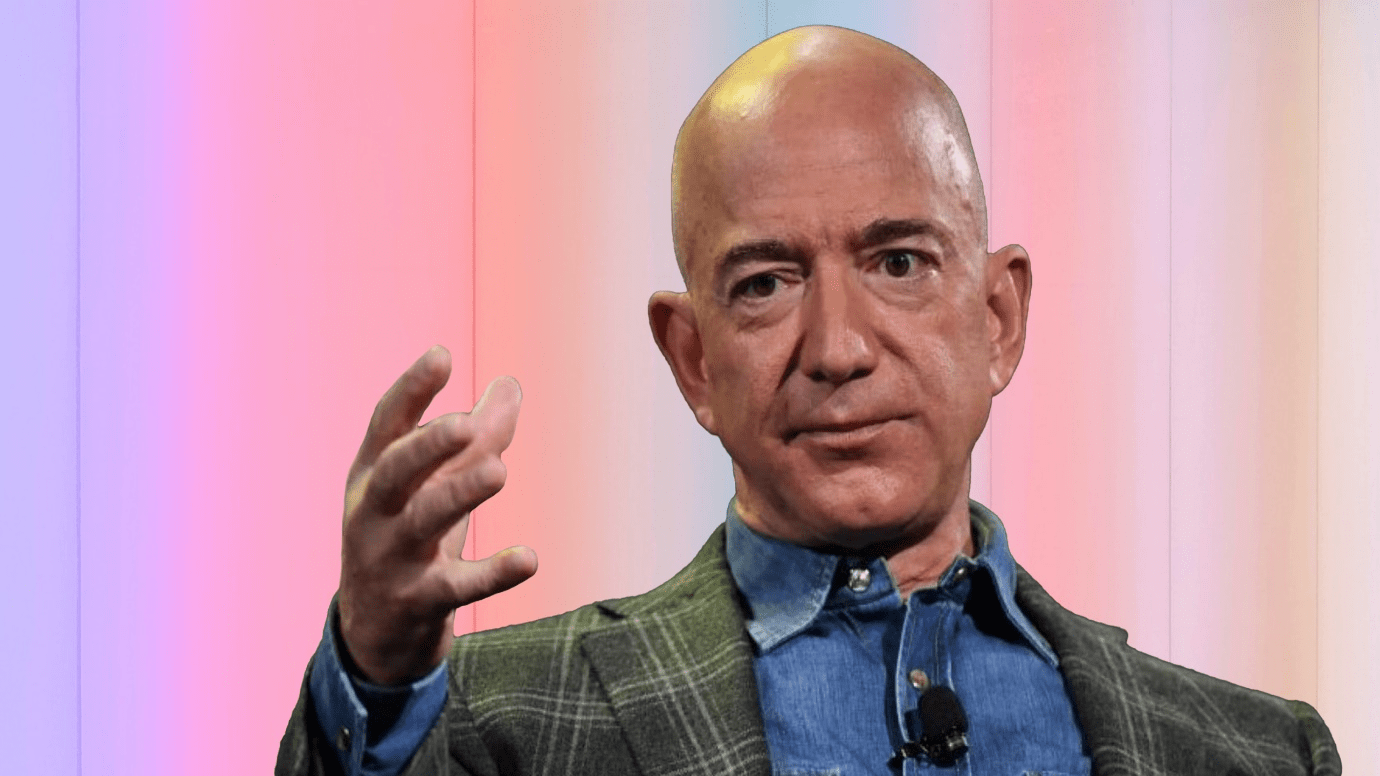
Why Skills-First Leadership Is Replacing the Ivy League Playbook in the C-Suite
The old prestige pyramid—where Ivy League degrees and blue-chip consulting backgrounds paved the way to the CEO seat—is cracking.

April 27, 2022: -Amazon’s billionaire co-founder Jeff Bezos has weighed in on Elon Musk’s deal to buy Twitter for $44 billion.
On Monday, Bezos shared a tweet suggesting that China may gain more influence than Twitter once the acquisition completes.
“Did the Chinese government just gain leverage over the town square?” Bezos wrote, which hints at Musk’s business ties to China. The Tesla CEO established a factory in Shanghai, and the company relies heavily on Chinese firms to supply the materials that go into its batteries.
On Monday, Twitter’s board agreed to an acquisition of the company by Musk. Twitter took private at $54.20 for each share in a deal valuing the firm at $44 billion.
Twitter is banned in China. Beijing’s so-called “Great Firewall” prohibits access to several Western social media sites, including Facebook, Instagram, and YouTube.
“My answer to this question is probably not,” Bezos added. “The more outcome in this regard is complexity in China for Tesla, instead of censorship at Twitter.”
“But we’ll see. Musk is good at navigating this kind of complexity,” he added.
Despite the caveat, Bezos’ comments are the latest in a long-running feud between the two billionaires.
The pair have sparred over their respective space ambitions over the years. Musk is CEO of SpaceX, and Bezos runs his space venture, Blue Origin.
While Musk has promised to improve Twitter’s role as a “digital town square” in which users can speak and debate freely, the takeover has sparked concern from a few politicians and campaigners who worry it will give the richest man too much control over online discourse.
Billionaires owning media companies is not a recent phenomenon, however. Bezos himself owns The Washington Post, while Salesforce CEO Marc Benioff bought Time Magazine in 2018. But Twitter is unique in that it’s a platform where millions of people interact and share content and, as such, is under scrutiny from regulators.

The old prestige pyramid—where Ivy League degrees and blue-chip consulting backgrounds paved the way to the CEO seat—is cracking.

Loud leaders once ruled the boardroom. Charisma was currency. Big talk drove big valuations.

But the CEOs who make history in downturns aren’t the ones with the deepest cuts

Companies invest millions in leadership development, yet many of their best executives leave within a few years. Why?

The most successful business leaders don’t just identify gaps in the market; they anticipate future needs before anyone else.

With technological advancements, shifting consumer expectations, and global interconnectedness, the role of business leaders

Following a distinguished Law Enforcement career Joe McGee founded The Securitatem Group to provide contemporary global operational specialist security and specialist security training products and services for private clients, corporate organisations, and Government bodies. They deliver a wide range of services, including complete end-to-end protection packages, close protection, residential security, protection drivers, and online and physical installations. They provide covert and overt investigations and specialist surveillance services with a Broad range of weapons and tactical-based training, including conflict management, risk and threat management, tactical training, tactical medicine, and command and control training.

Jay Wright, CEO and Co-Owner of Virgin Wines infectious energy, enthusiasm, passion and drive has been instrumental in creating an environment that encourages talent to thrive and a culture that puts the customer at the very heart of every decision-making process.

Fabio de Concilio is the visionary CEO & Chairman of the Board at Farmacosmo, a leading organization dedicated to mental health and community support services. With a deep commitment to identifying and meeting customer needs, Fabio ensures that high standards are maintained across the board.

Character Determines Destiny – so said Aristotle. And David CM Carter believes that more than anything else. For David, it has been numerous years of research into codifying Entelechy Academy’s 54 character qualities that underpin everything he stands for as a leader and teacher.


Leave us a message
Subscribe
Fill the form our team will contact you
Advertise with us
Fill the form our team will contact you